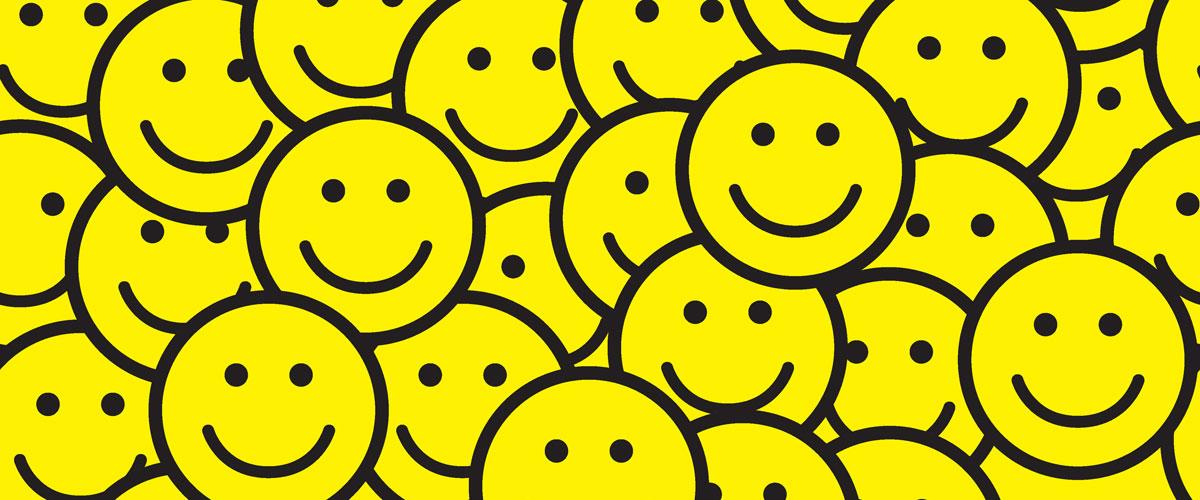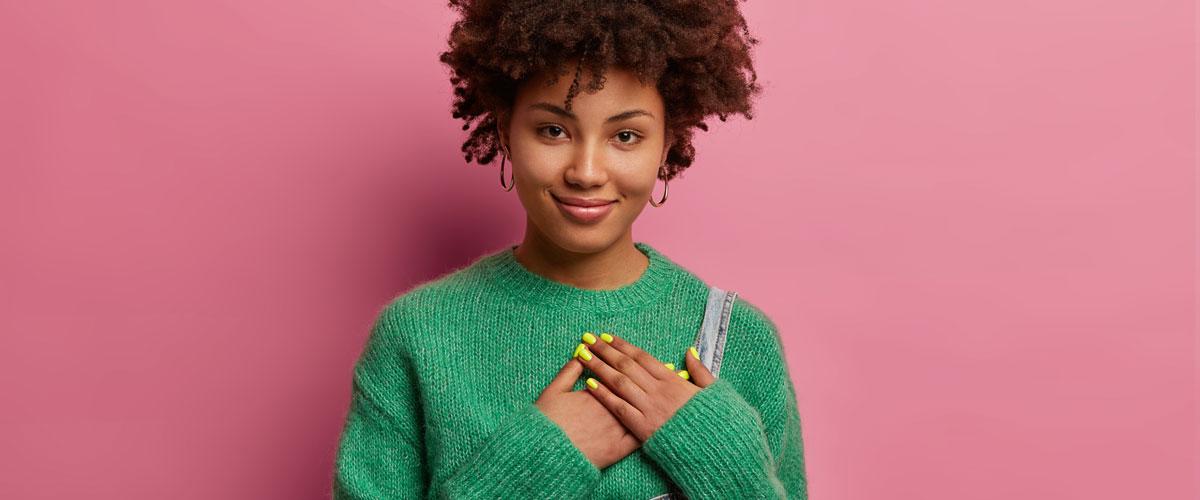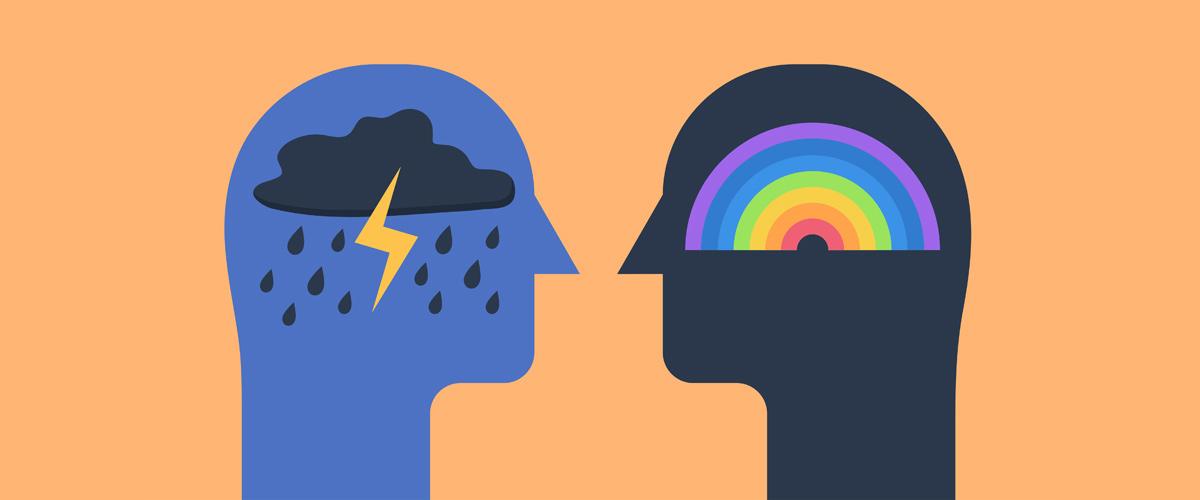People often tie their happiness to the circumstances they are going through, the events they experienced in childhood, love from another person, luck or fate. But the reality is that everyone, throughout their life, will suffer unpleasant situations, and we should accept negative thoughts/emotions as part of it. However, it is important to know that having bad experiences doesn´t mean we should be permanently unhappy.
As the old Buddhist saying goes, ‘Pain is inevitable, suffering is optional’. We have more control over our suffering than we think. Our choices can be the difference between living in a painful moment that has passed and finding ways to cope but move forward. Everything that could cause us pain makes us suffer at a certain point. But becoming absorbed in that suffering is likely to make us think a future of unhappiness is normal or what we deserve.
It means then that we have the choice of learning to extract the positive from painful and traumatic events. You will find that we are able to change our lives, but only if we change our way of thinking. The truth is that our mindset sometimes makes us unable or unwilling to see the reality beyond what we feel in a moment. And for that reason, it´s important to carry out a process of psychological healing for ourselves by practicing forgiveness and self-acceptance, giving new meaning to experiences, and using every bit of our willpower.
Tips to help you experience happiness
How does happiness work? Happiness is a daily attitude that requires effort. It´s a choice that is connected to the power we have to control our internal dialogue. Here are some useful insights about happiness and ways you can experiment with it:
- Treat yourself better – There is a connection between happiness and our beliefs about ourselves. Therefore, in the pursuit of happiness, we need to accept, respect and treat ourselves with kindness, empathy and compassion.
- Change your outlook on mistakes – We all make mistakes and should normalise accepting that we sometimes get things wrong. The next time something does not go according to plan, focus on finding ways of doing it better instead of complaining, becoming frustrated or angry.
- Recognise and handle prejudices – Prejudices are unnecessary and harmful and take us away from a healthy reality. The key is to push ourselves to find new ways of thinking by exploring them. And to do this, we need to get out of our comfort zone. It is then that we will begin to feel better.
- Forgive yourself and others – Holding grudges only hurts us, and although learning to forgive yourself takes time, it is worth trying to rid yourself of pent-up anxiety and self-inflicted guilt.
- Manage negative and irrational thinking – Identify the negative and even irrational thoughts that steer you away from feeling good about yourself. Then, consider what influences this kind of thinking and try to see things from a different perspective.
- Be patient with yourself – Sometimes it is difficult to find the good in pain or any form of hurt or trauma, and that is ok. Healing is most effective when it happens gradually, so revisit the issue later if it becomes overwhelming.
- Do what brings you the most joy – Activities that make us feel better are important to achieving happiness. It could be physical exercise, silent reading, cooking at home or travelling somewhere new in your free time. If there is no ‘free’ time, schedule some time for yourself. This can help your emotional wellness and stability.
Happiness is a real possibility. It´s a decision that you can make consciously every day. We may not be fully in control of our circumstances, but we are in control of how we respond. So, try to have a positive attitude today and watch as your self-esteem improves.


Paula Dalmau
Communications Coordinator Sales and Marketing, Medline Iberia
Paula is a passionate Spanish writer based in Madrid. Her interests are well-being, emotional intelligence and business topics. Her educational background is in journalism, advertising, public relations and digital marketing. Learn more on LinkedIn.




